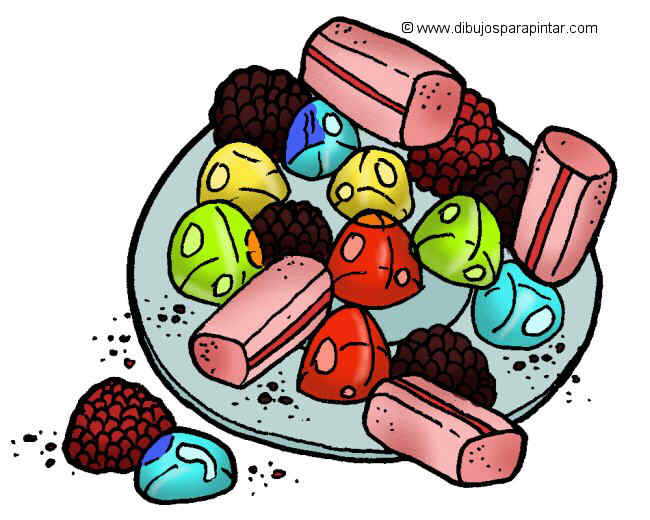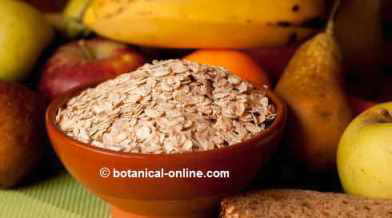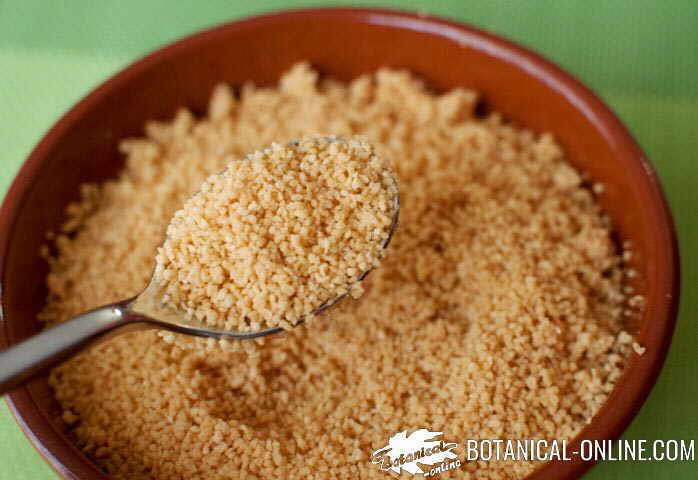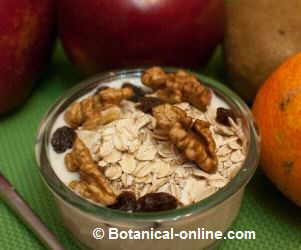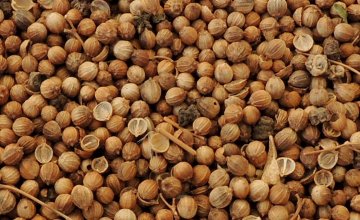Contents
What is broccoli?
Broccoli (Brassica oleracea (Botrytis Group)) is a vegetable.
Broccoli has a branched form, as a tree. Broccoli stalks end with a sort of dark green little balls.
Its taste and odor are very intense.
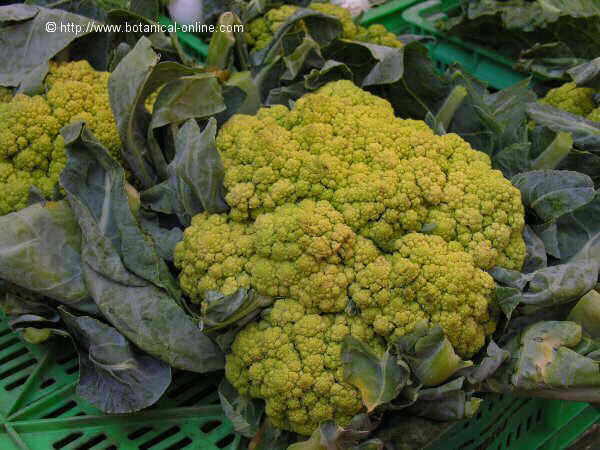
Photo of broccoli
What are the main nutrients of broccoli? Composition of broccoli
As an energy source, 100 grams of broccoli provide 28 kcal.
Its proportion of nutrients is divided into:
- Almost 90% is water.
- A 0.35% fat.
- About 2.98% proteins.
- Nearly 5.24% of carbohydrates.
- A 3% fiber.
Vitamins and minerals in broccoli
Broccoli is rich in potassium, calcium, magnesium, phosphorus and sodium. It also has fewer small amounts of selenium and copper, iron, zinc and manganese.
Broccoli is rich in vitamin A, vitamin C and vitamin B9 It contains small amounts of other B vitamins and vitamin E.
Broccoli composition
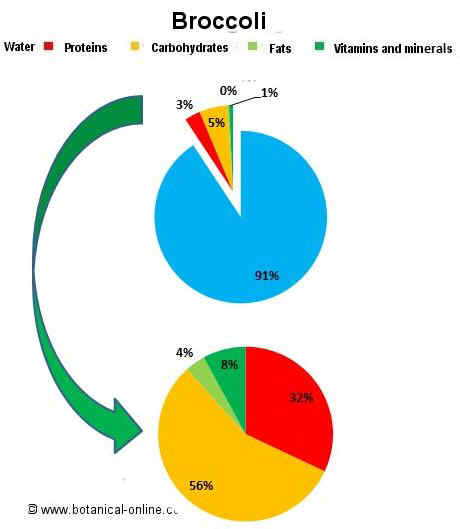
Nutritional characteristics of broccoli
- It has a high water content.
- It provides little energy.
- It contains very little fat although a high quality one and with many health benefits.
- It has a good protein content.
- It has a moderate carbohydrate content, especially starch.
- It has a good fiber content.
- It helps to remove toxins from our body, because it contains potassium.
- Calcium containing, maintains the balance of the formation of strong bones.
- It helps maintain our brain function properly, because it contains phosphorus.
- Because of its magnesium content, it helps the contraction and relaxation of muscles.
- For its content in B vitamins, particularly vitamin B9, it helps us to grow properly.
- It protects the skin and helps keep it healthy, because it contains vitamin A.
- It protects us from colds and helps heal wounds, because it contains vitamin C.
- It protects us from the toxins and aging, because it contains vitamin A, vitamin C, vitamin E, selenium and zinc.
Broccoli in the kitchen:
![]() More information about other foods and nutrition
More information about other foods and nutrition

